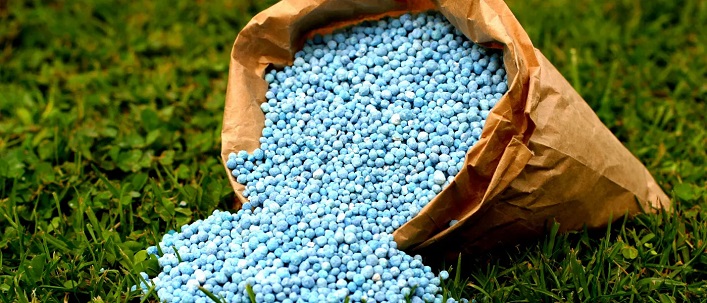A flow of cheap Russian fertilizers could drive European producers out of business, threatening long-term global food security. In particular, 33% of urea imports, the cheapest form of nitrogen fertilizers, come to the EU from Russia. Last year, the volume of deliveries came close to setting a record. For example, imports to Poland increased to almost $120M against $84M in 2021.
“We are flooded with fertilizers from Russia, which are much cheaper, because Russian producers pay pennies for natural gas. If politicians do not act, Europe’s production capacity will disappear,” said the CEO of the largest ammonia producer in Germany, SKW Stickstoffwerke Piesteritz.
The CEO of Yara International, one of the world’s largest producers of nitrogen mineral fertilizers, said that Europe is “lunatically” dependent on Russian fertilizers. The sanctions provide exceptions for Russian food and fertilizers, so Moscow uses this loophole while other major players leave the European market.
